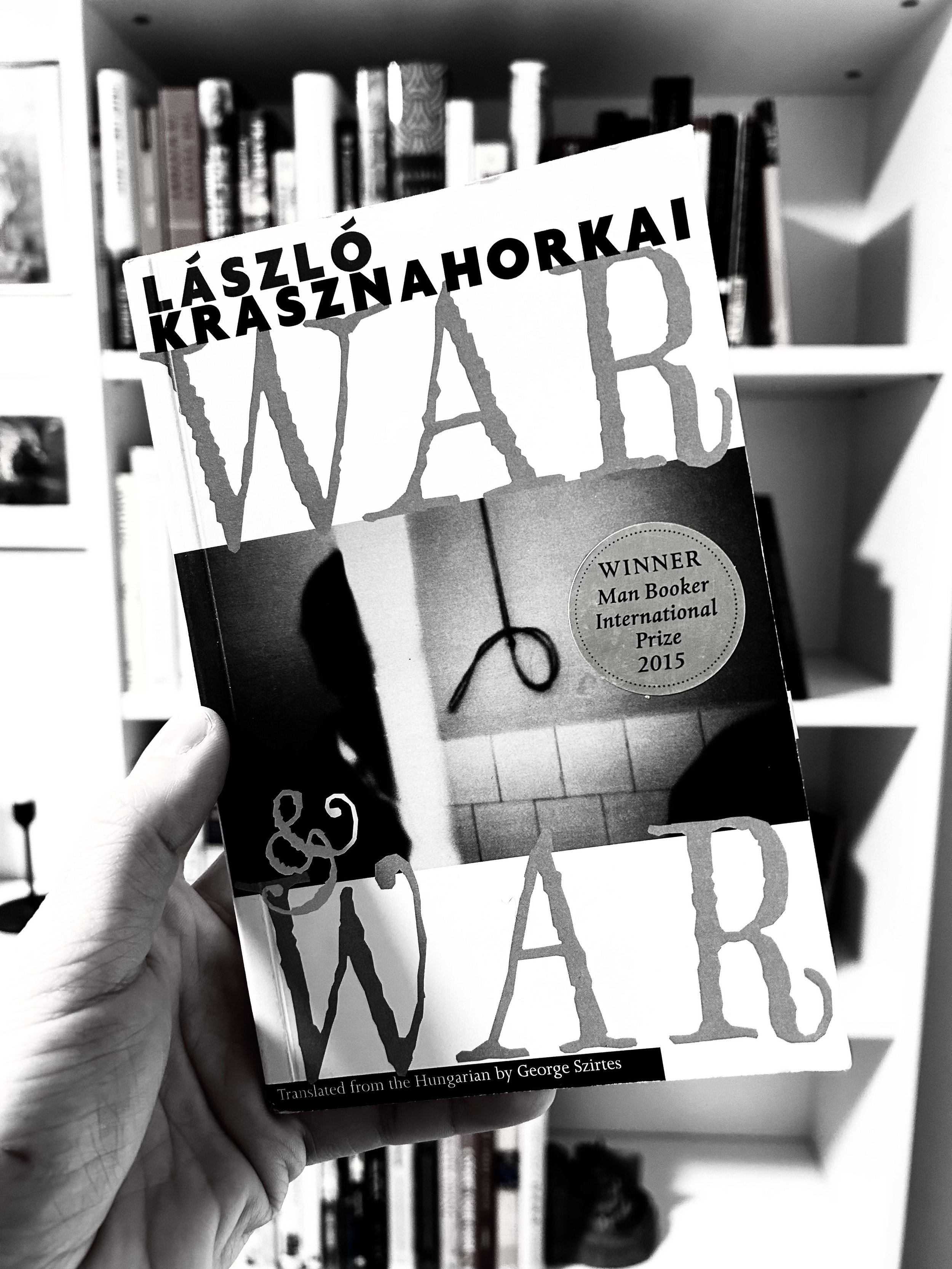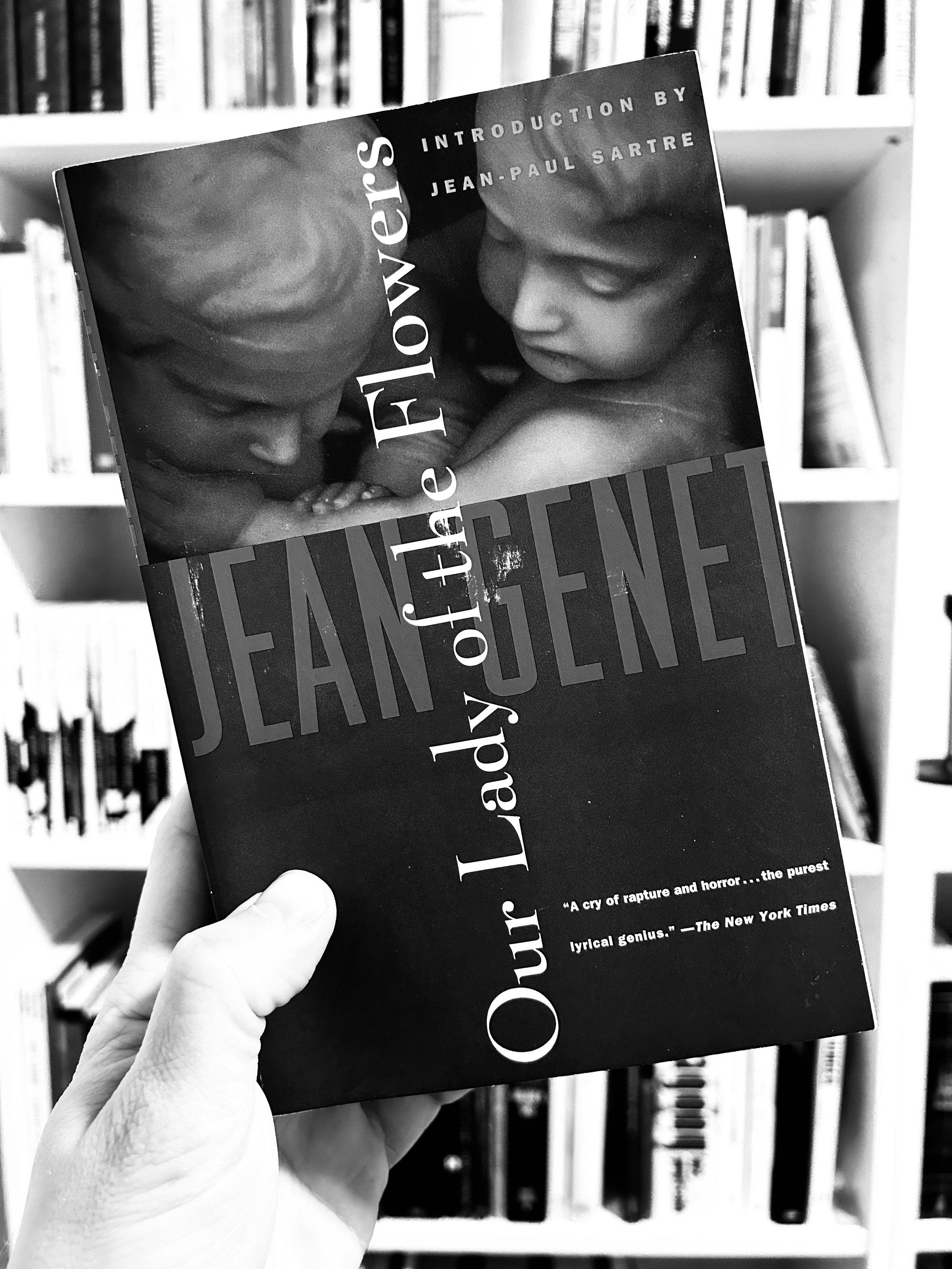Malina by Ingeborg Bachmann
What are we to make of things that are neither didactic nor mimetic? I guess that could be the question of all literature after 1970 or so, especially when it’s something, like this book, that hints at things both familiar and revelatory, so that you feel like there’s a big Truth here if only you could interpret the work in the correct way. Of course, there’s always fractals of truth, both big and small. It’s just about choosing a lens from which to view them.
Solenoid by Mircea Cărtărescu
Solenoid revels in language and imagination in a way that speaks directly to me, reminding me, at times, of the unhinged-yet-romantic ramblings of Maldoror (even lifting that book’s most famous line on page 379) combined with the mystic puzzles of Borges. It’s filtered through a kind of existential angst ala Charlie Kaufman and/or David Lynch’s Eraserhead. Just take a look at this bit of writing: “There are millions of diseases of the human body, parasites that devour it from inside and outside, suppurating diseases of the skin, intestinal occlusions, lupus, tetanus, leprosy, cholera, plague. Why should we passively put up with them, why would we pass by, pretending not to see them, until we are impacted, as we certainly will be? Our minds suffer, so will our flesh, our skin, our joints. Sores and pus will cover us, phlegm and sweat will drown us, injustice and tyranny will make us bow down, annihilation and impermanence terrify us.” (143) I love that. If you do too, then you’re going to have a hell of a good time with Solenoid, and I highly recommend it.
The Notebook Trilogy by Agota Kristof
What starts out as a kind of dark fairy tale quickly turns into much more. Twin brothers Claus and Lucas are left to be raised by their grandmother, a more worldly version of the wicked-witch archetype, in the midst of a war that separates them from the rest of their family. They have to adjust to their grandmother’s strange customs, living in a house apart from a nearby village. They have visits from an officer and priest that help expand their worldview and give glimpses of some of the goings on in the world at large. It’s not specified with great detail, but they are surrounded by war and danger and live under this constant threat.
War & War by Lásló Krasznahorkai
Of the five Krasznahorkai novels I’ve read, I want to talk about this one. This is what I’d recommend if you haven’t read anything by LK, and if you have not read anything by him, I hope this review encourages you to do so because, in my opinion, he’s one of the best novelists that we’ve got.
Our Lady of the Flowers by Jean Genet
Genet wrote this book while in prison. Unfortunately, a guard found the first draft and burned it. So he wrote it again. It was subsequently published (after he got out of prison) in a very limited, more sexually explicit run. He later edited it into the form that we have here, and what a treasure it is.





